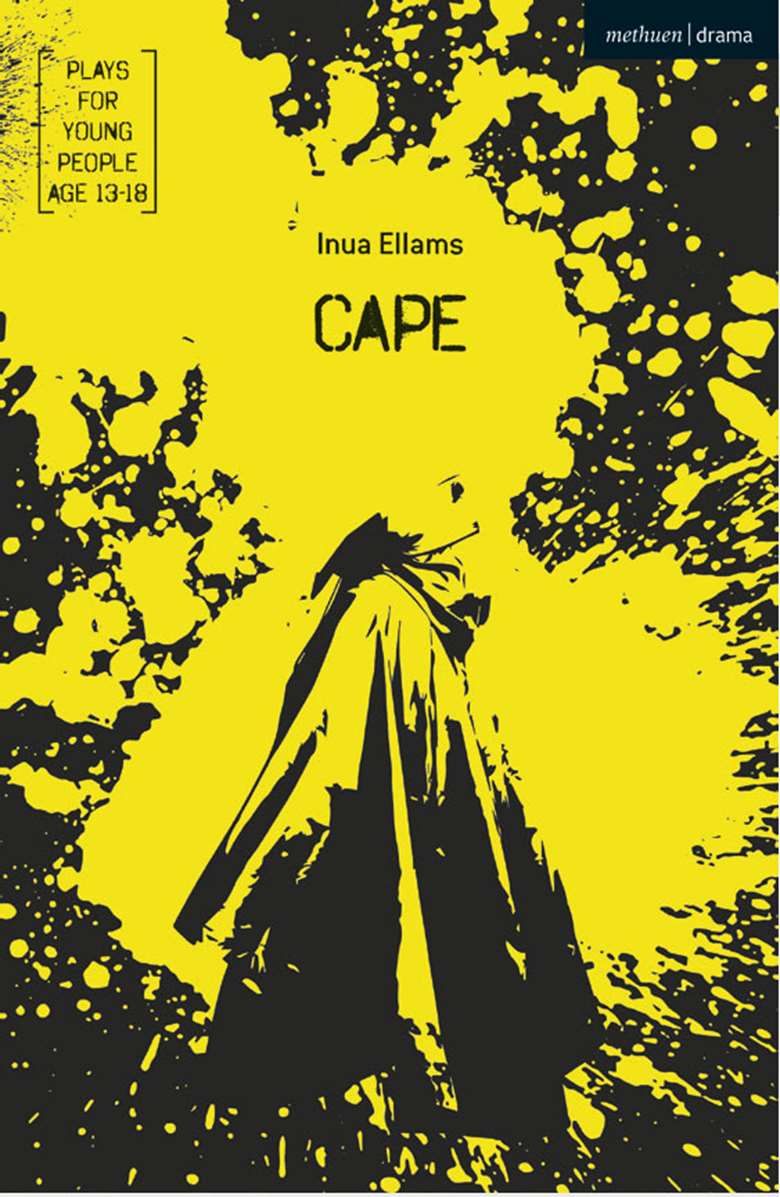Cape, by Inua Ellams
Paul Willcocks
Tuesday, December 1, 2020
Topical, hard hitting and accompanied by useful resources, this play is highly recommended. From Plays for Young People, published by Methuen Drama

‘Let nothing get in your way,’ is the mantra for Bruce, Tanya, Uhura, Ama and Smithy as they try to come to terms with a brutal mugging; if you're looking for a relevant play for young people, then here it is.
Bruce wants revenge, but the victim – his mum Ama – has her own plan: learn self-defence. Uhuru is her politically driven teacher and Smithy is the cop, struggling to mount his own defence against constant stop-and-search accusations. Ultimately, however, it is Tanya who plans to don the vigilante cape with disastrous results.
Inua Ellams’ play explores what happens when not one but all five of the diverse characters ‘cross the line’. Cape dabbles in meta-drama as well as agit-prop repetition and lively audience address. Yet within these more traditional devices, Ellams’ characters constantly ring true.
Even though this play is already seven years old, its immediacy makes it seem freshly coined.
Commissioned by Synergy Theatre Project and staged by the Unicorn Theatre in 2013, Cape toured in prisons as well as secondary schools, and what makes this script truly awesome is its relevance. ‘We go missing in their custody,’ Uhura states, referring to police brutality; ‘some of us never breathe again.’ No school student in 2020/21 hearing this will fail to link the play to Black Lives Matter and the fate of George Floyd.
Ellams includes useful drama workshops for teachers which explore the issues of the play: Boal games such as ‘Bomb and Shield’ increase awareness of those around them. My favourite is ‘Coin Tag’ where each participant has to mount a self-defence. There are writing exercises too, exploring alternative outcomes. What I particularly like is the task to write a monologue where the pen does not leave the page – ‘spelling, punctuation and grammar are irrelevant’ – and questions are posed to help participants ‘get inside the characters’ heads’.
Whether this play is mounted as a hard-hitting school performance, or as part of a scheme of work, Cape will yield great returns, particularly in its ability to enable students to understand different perspectives. Highly recommended.

